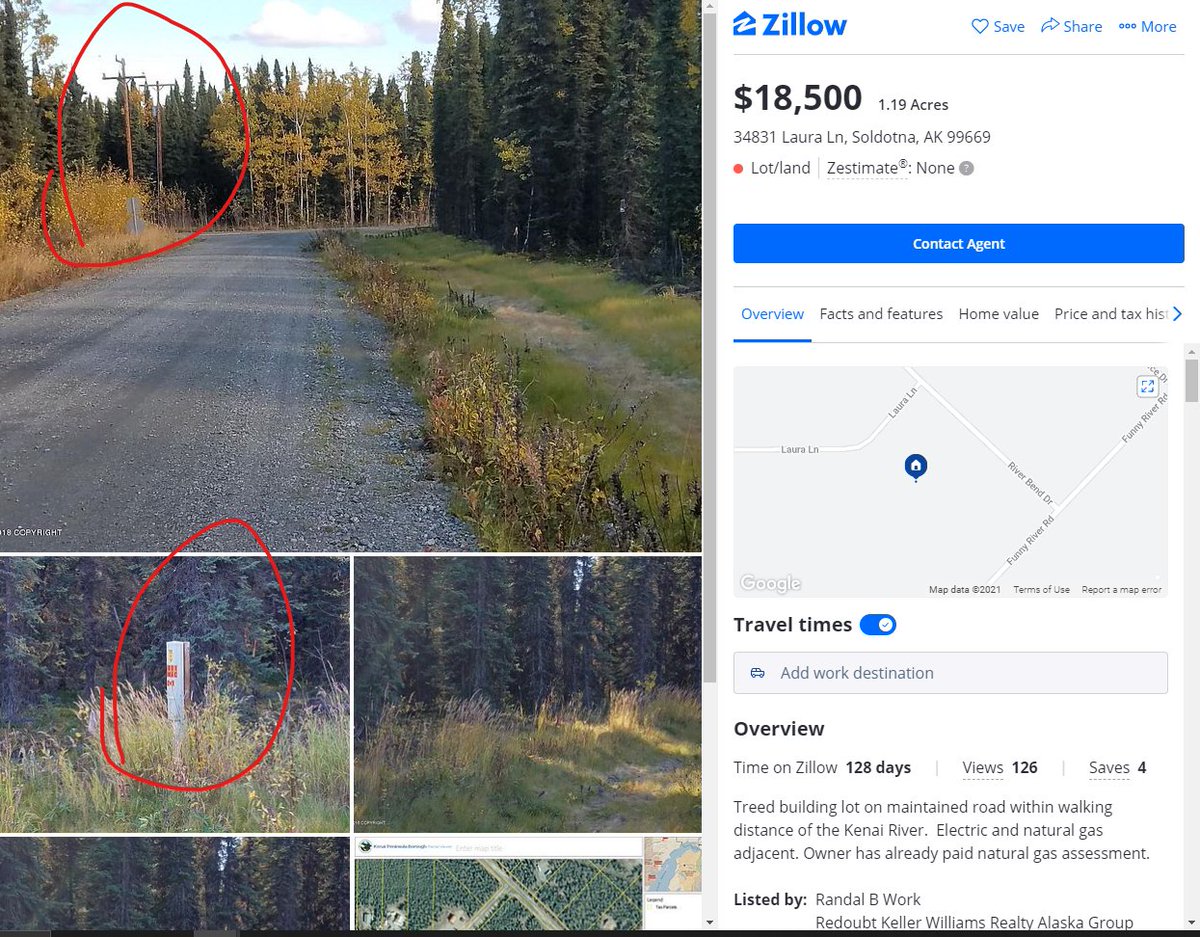2/
⚡️Deliberate practice
It's good to know the fundamentals well, but you will never improve by sticking to practicing only what you already know.
The alternative to this is deliberate practice...
3/
Deliberate practice means:
✅Practicing things you're weak at
✅Constantly pushing the boundaries of your knowledge and skills.
Before each learning session, ask yourself whether what you will learn adheres to the above.
If it doesn't, learn something that does instead
4/
⚡️Scoping the subject (credit to
@AliAbdaal for this concept)
When new information can be 'docked' to an existing framework of knowledge, you can understand and retain the information better because you can relate it to what you already know and understand...
5/
Build a 'map' of the entire subject you're studying 🗺
Include all of the sub-headings that exist within that subject, make it a nested structure (I do this as a bullet point list in
@NotionHQ) You've then got a skeleton list to 'hang' your knowledge from as you go along 💀
6/
⚡️Feynman technique
How many times have you read something but failed to understand it fully? Sometimes you may not even realise you don't understand it
Use the Feynman technique to check that you understand what you learn
7/
Employ the Feynman technique by asking yourself the below questions at every step of the learning process:
🔸Does this make sense?
🔸Could I explain this to a 5 year old?
🔸Are all of the unexplained questions I have about this topic answered?
8/
If you can't distill something to make it simple enough for the layman to understand, keep reviewing and learning 🧠
It's tempting to skip this step and move onto the next subject, but by doing so your understanding will be half-baked
9/
⚡️Elaboration (in public)
It can be really useful to publish blog posts, tweets and twitter threads on what you learn ✍️
Whenever you put an idea out into public, you're likely to be more critical of your own thoughts and see gaps in your knowledge...
10/
...Seeing the gaps in your knowledge helps you understand what areas you need to learn more about.
This is similar to the Feynman technique, but I find it easier to identify my deficiencies when there is the risk of me publishing a sub-standard piece of work
11/
⚡️Active recall
Re-reading information intuitively feels like a productive method of learning, but it's not
Putting information into our brain by re-reading is different in nature to the process we use when applying knowledge in real life
12/
The superior approach is testing ourselves
When we retrieve information to apply it in the real world, we pull the information out of our brain. We do the same when we test ourselves
Lots of scientific evidence supports the superiority of active recall over re-reading
13/
I'm implementing active recall by writing an active recall question any time I learn something I don't know from a book or tutorial
I use the toggle feature in
@NotionHQ to hide/unhide the answer and test myself regularly
14/
⚡️Spaced repetition
Our retention of information decays exponentially over time 📉
This is because of the 'forgetting curve', and we must do everything we can to interrupt it
15/
By going through active recall questions at several intervals after initially learning something, you're interrupting the forgetting curve
Do this enough and you'll immunise yourself against forgetting 💉
16/
⚡️Focus
The pomodoro technique is one of the best methods for maintaining focus and do DEEP work 🍅
The idea of the pomodoro technique is that you set a timer for 25 minutes, and maintain deep focus on ONLY your work until the timer runs out ⏲
17/
No social media, no notifications, no distractions of any kind for 25 minutes 📱
After 25 minutes of deep work, you get a 5 minute break
This is a really effective method for ignoring all of the distractions that might normally interrupt 'shallow' work
18/
You can find out more about these ideas, the science behind them, and how I'm implementing them within my own learning protocol on my blog
If you found this useful or interesting, follow me on twitter for more
https://t.co/8w2twHMZtW


